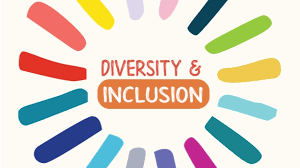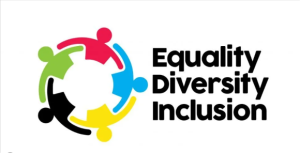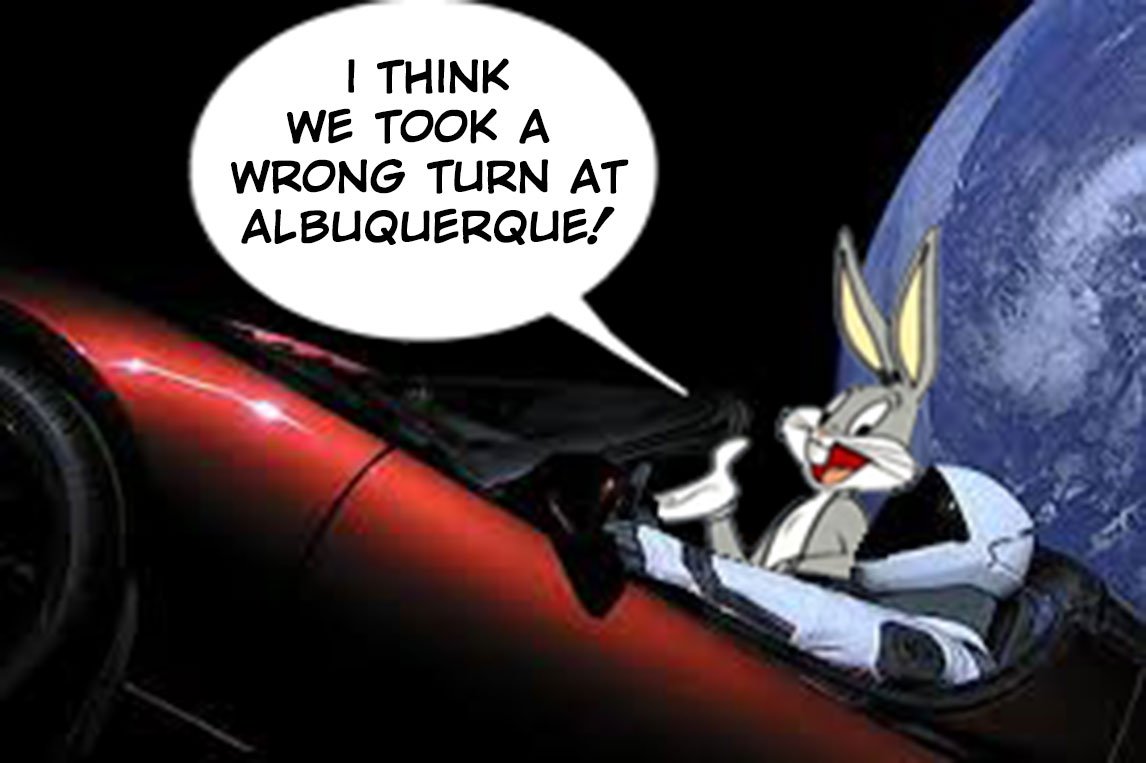I’ll declare a general position at the outset. I’m not a fan of what could be described via shorthand as identity or group politics. I don’t believe it’s helpful or healthy to subsume and often lose the individual within a presumed group identity. It strikes me as lazy and built on false assumptions (that the group is homogenous and those who speak for it represent that group). Worse than that, the seemingly endless groups and sub-divisions are by definition divisive and confrontational rather than cohesive or unifying. To quote that great philosopher, Bugs Bunny, I think we took a wrong turn at Albequeque.

One of the difficulties in discussing diversity, inclusion and equality/equity in the United Kingdom, is the way much of the underlying ideology has been lifted and shifted, transplanted and applied wholesale from the United States. It has been dropped into a significantly different culture (in this case the UK) with little if any critical analysis of the extent or degree of applicability.
Increasingly diversity, inclusion and equality/equity (they’re not the same thing but were initially used interchangeably) assume the underlying acceptance of disputed ideological beliefs. These include critical race theory, gender theory, the existence of an active discriminatory male patriarchy, assorted inherent privileges, active post-colonial trauma, self-id and the proudly worn mantle of assorted inherited victimhoods. Not all of us accept or believe in these ideological positions. So, for us, they proceed from a series of overstated, unproven or just plain wrong assumptions.
While the UK certainly had and still has its share of racist behaviours, it hasn’t the same history of racial intolerance as for example part of the southern United States. Nor since 4th July 1776 has it been responsible for framing the laws or developing the culture in which such intolerance has continued to blossom. The structural differences between the two countries are clear, expressed through attitudes to religion, education, politics and the family, gun laws, models of government and policing approaches to name a few. To think that root causes transfer unchanged between two such different lived experiences and cultures is lazy thinking.
 Increasingly employees are invited indeed encouraged to bring their whole self to work. In simple terms be yourself and don’t feel the need to apologise or conceal your viewpoints as different voices and views make for a stronger, more varied and diverse workforce. Sounds good doesn’t it?
Increasingly employees are invited indeed encouraged to bring their whole self to work. In simple terms be yourself and don’t feel the need to apologise or conceal your viewpoints as different voices and views make for a stronger, more varied and diverse workforce. Sounds good doesn’t it?
However, in many cases that isn’t quite what transpires in reality. In an workplace where you’re expected to share and promote your pronouns, try holding perfectly lawful gender critical views. – Maybe don’t bring that bit of yourself to work.
Similarly when gay, lesbian and bisexual support groups are broadened to the ever-changing alphabet soup that is LGBTQIA+ in favour of a homogenised group identity then some very strange things start to happen. The growing ‘Q’ component (queer) or queer allies has such a broad scope as to be virtually meaningless. If you’re a bit curious, uncertain, yet to mind up your mind or don’t want to be categorises, suddenly you’re queer and bibbady bobbady boo you’re part of the that popular LGBTABCQLMNOP community.
Of course, the problem is the LGB origin of the community is lost among a group of people who share none of the same characteristics and have markedly different lived experiences. Speak out about the fact that your LGB representation has been diluted and your ‘community’ is dominated by very worthy and supportive but entirely straight supporters or extreme activists of one type or another and …. well maybe don’t bring that bit in to the workplace either.
 In my view, this is in part the reason why many workplace diversity communities have become lost members who fit anything other than a very narrow and sterile form of diversity. This may also account for the emergence of bodies such as the LGB alliance.
In my view, this is in part the reason why many workplace diversity communities have become lost members who fit anything other than a very narrow and sterile form of diversity. This may also account for the emergence of bodies such as the LGB alliance.
Is it too much to expect that we’re adult enough to manage differences in views, beliefs and demographic identifiers? At present, the inevitable conflicts and competing views that arise between minority groups are simply being silenced by requiring compliance to an assumed ‘one size fits all’ view of diversity.
Ironically, the current approach to diversity and inclusion is doing nothing to protect minorities equally. All minority views and groups are welcome we’re told – it’s just that some are more welcome than others it seems.
